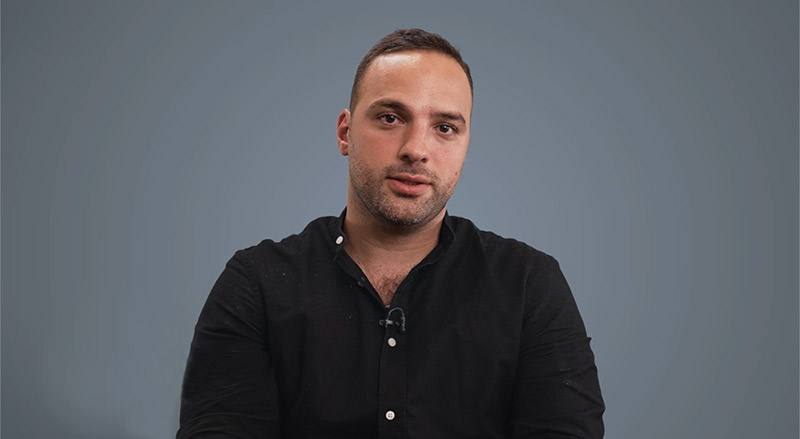In today’s interconnected and consumer-driven marketplace, trust is the currency that underpins successful business relationships. However, lurking in the shadows of commerce is a pervasive threat that undermines this trust and wreaks havoc on both consumers and businesses alike: counterfeit goods.
These deceptive imitations, often masquerading as genuine products, have the insidious power to erode customer trust and inflict substantial damage on businesses across industries. As the flow of counterfeit goods continues to surge, the consequences of this illicit trade ripple through the global economy, leaving a trail of disillusioned customers, tarnished reputations, and financial losses in its wake.
Manufact aims to address these and other issues by re-establishing and confirming trust within the luxury goods market, says Ali Beydoun (Founder and CEO of Manufact). ‘From what we’ve studied in the last few years, many industries have more than 90% counterfeit products within the market,’ he said.
‘So as an initiative to restore customer trust and company reputation, we have moved to combine blockchain and existing technologies such as NFID and NFC to create traceability.’
Creating a clear record of traceability
Beydoun explained that the BSV blockchain allows for the collection and storage of massive amounts of data. However, he noted that the goal is not to change the supply chain or how businesses transport their goods, but instead aid them in having a clear record of traceability from start to finish.
‘We lay our own process over theirs and they are able to push their own data so that by the time it gets to the consumer there is a clear track record of where (a product) started and where it ended. Because of the BSV blockchain, we can scale that to millions and billions of products for a very cheap fee.’
Beydoun gave the example of the perfume market, which is relatively small and niche, but still loses millions of dollars to counterfeiting every year. He noted that Manufact’s focus is primarily on the luxury goods market, but that the same principles can be applied to other consumer goods such as fish and produce.
Why using the BSV blockchain makes sense
Beydoun encouraged businesses to keep an open mind about adopting blockchain technology. He added that there are clear benefits to using the BSV blockchain over existing legacy technologies – especially when it comes to cost and accessibility.
He gave the example of two phones made by Samsung and Sony Ericsson which have the same internal parts and specifications, it will make sense for the consumers to go for the one that is offered cheaper. ‘That is what the BSV blockchain does. We tried legacy technology with our product to start and we knew it was not going to last.’
Live demonstration of Manufact’s toolset
Beydoun gave a live demonstration of how Manufact’s toolset works to help prevent fraud and counterfeiting. Beydoun noted that Manufact has set its sights on the luxury goods market, honing in on high-end brands in particular due to their heightened vulnerability to counterfeiting and fraudulent activities.
As an illustrative case, he mentioned the luxury cigar industry, which lost $50 million in the European market alone due to counterfeit products. Beydoun added that he himself was scammed after spending $2,000 on a box of fake cigars – which led to the creation of Manufact.
‘What we have done is capture the data on the blockchain and every signal item or box that comes out of the factory and is sealed with our product then becomes a digital token.’ He showed how the Manufact seal on a cigar box shows not only the factory where it is produced, its expected destination, a certificate of authenticity and the box number.
